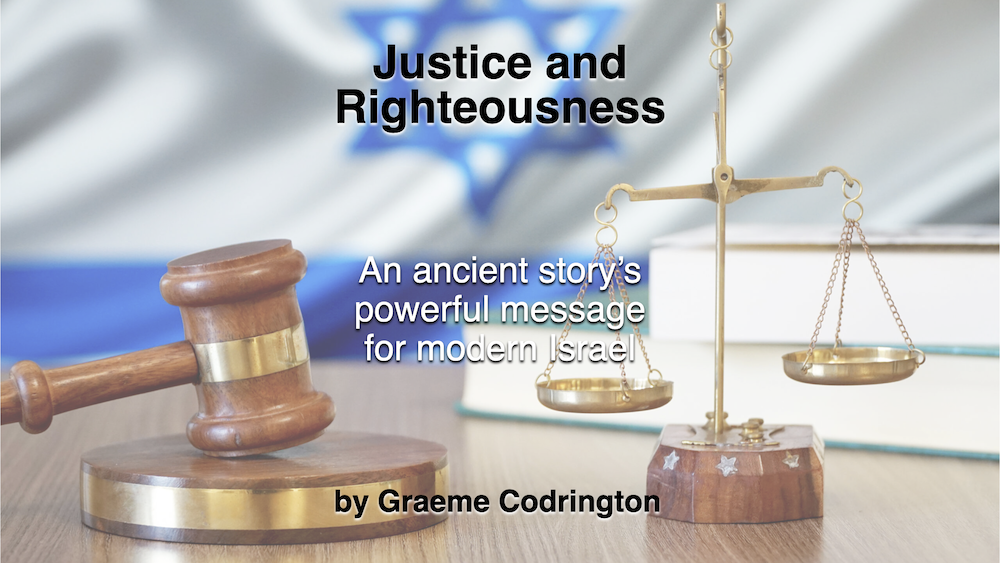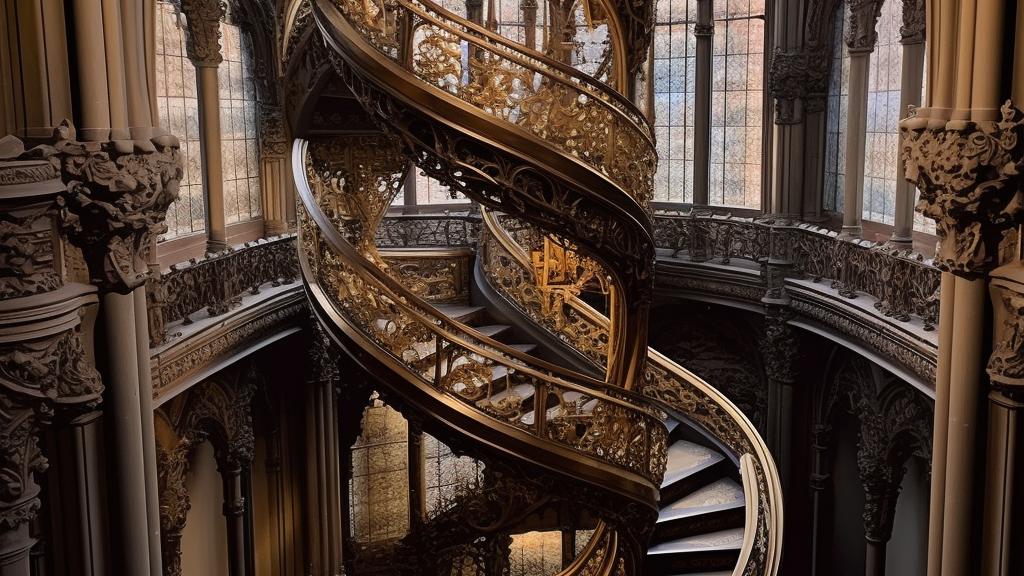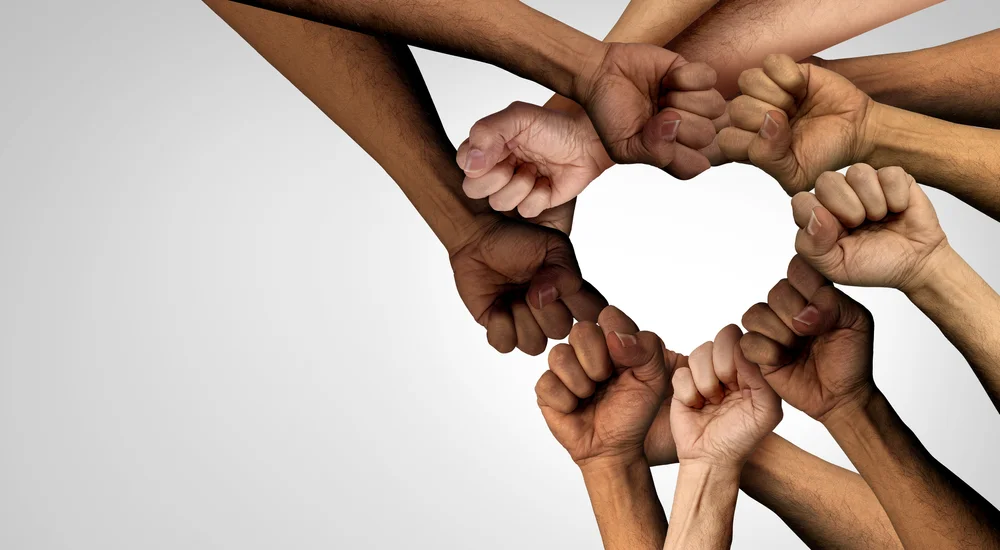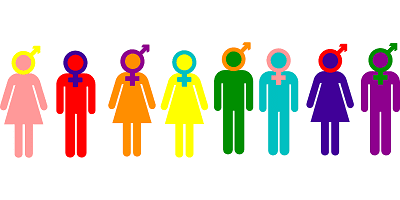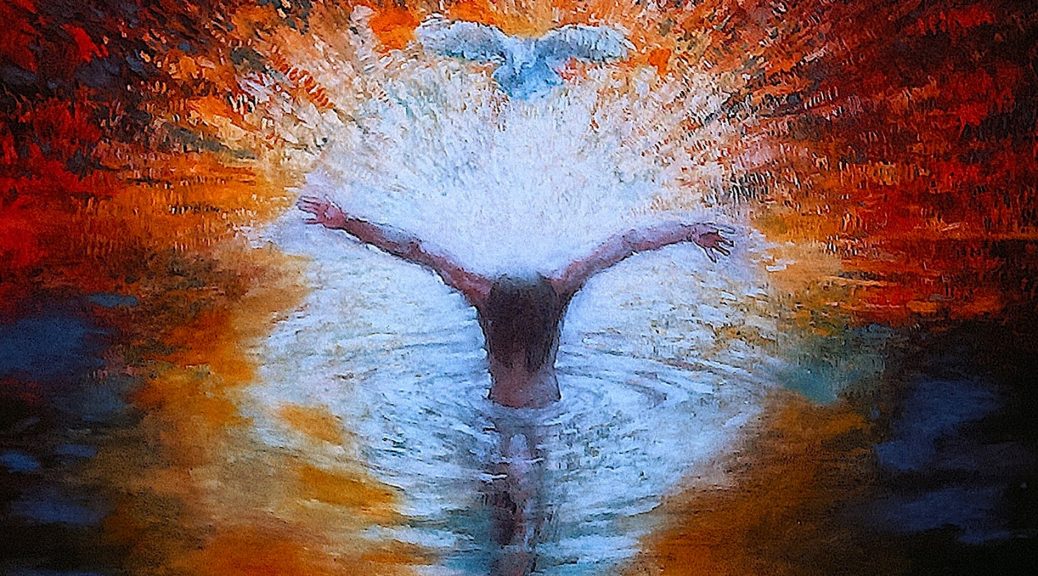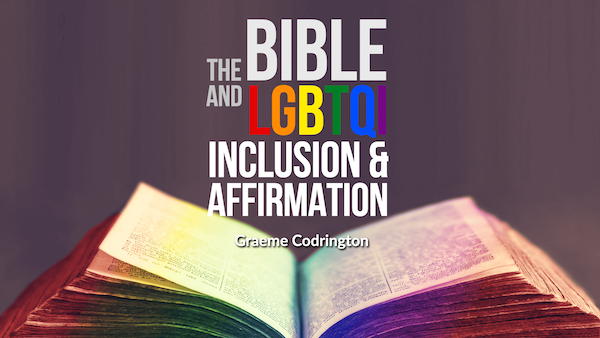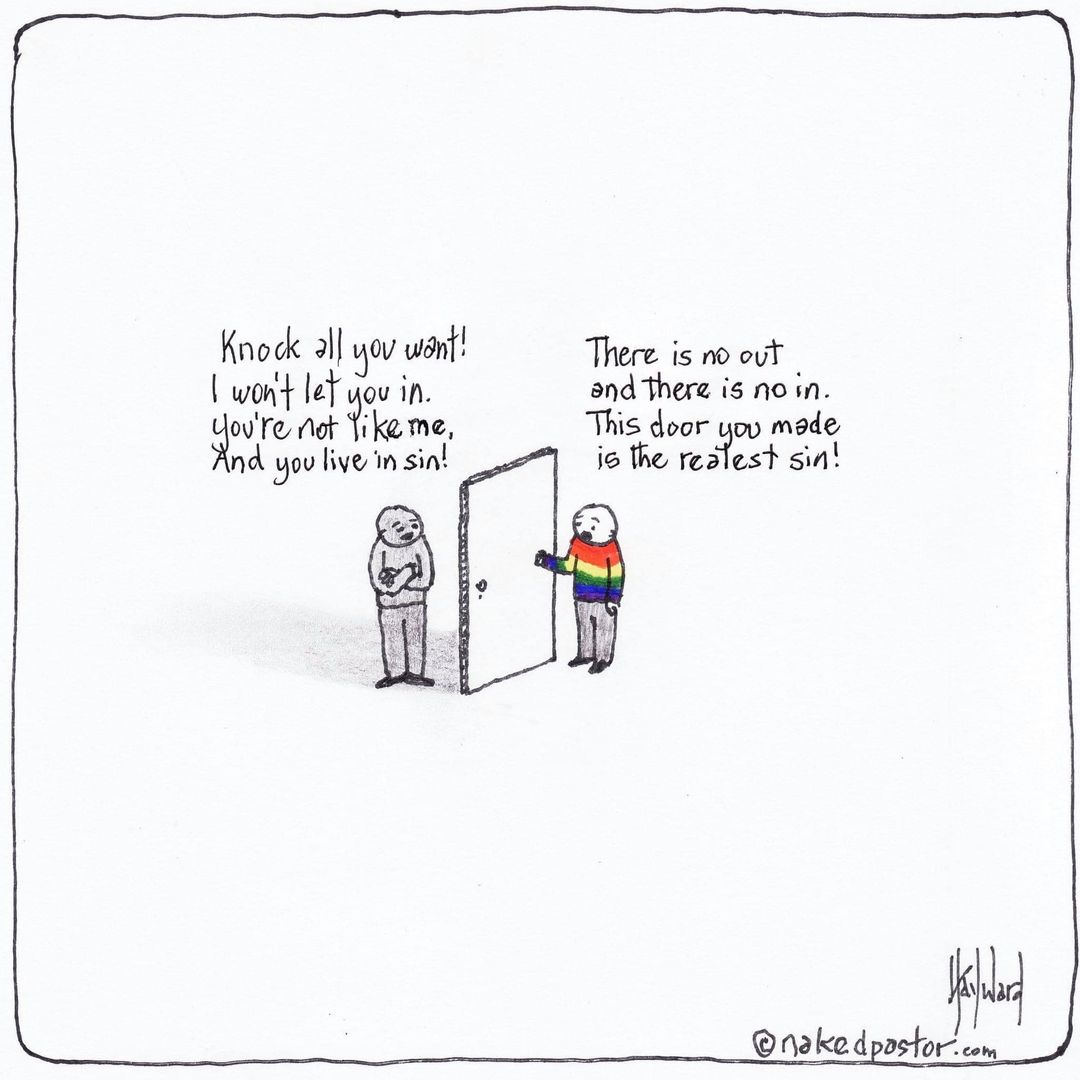Here’s something a bit different from me this Sunday morning – a brief sermon from the ancient Jewish and Christian Scriptures, using the ancient story of the Queen of Sheba visiting King Solomon at the height of his Empire building.
You might not believe in the Scriptures, and you might not care what they say; but Jewish people using these Scriptures as part of their claim on the land of Israel do. And their own Scriptures provide very clear, very relevant and very modern lessons.
Israel is meant to be a nation that stands as a “city on a hill” – a place for all people from all nations to come and see what God can do when a nation is built on Justice and Righteousness (mishpat ???????? and tzedek ?????). When Israel is built on war, oppression or enslavement, it will judged by God and it will bring its own destruction on itself.
Watch the video on YouTube:
https://youtu.be/q1RwZikPwrc
Read 1 Kings 9-11 with me, and see an ancient message for modern times.

